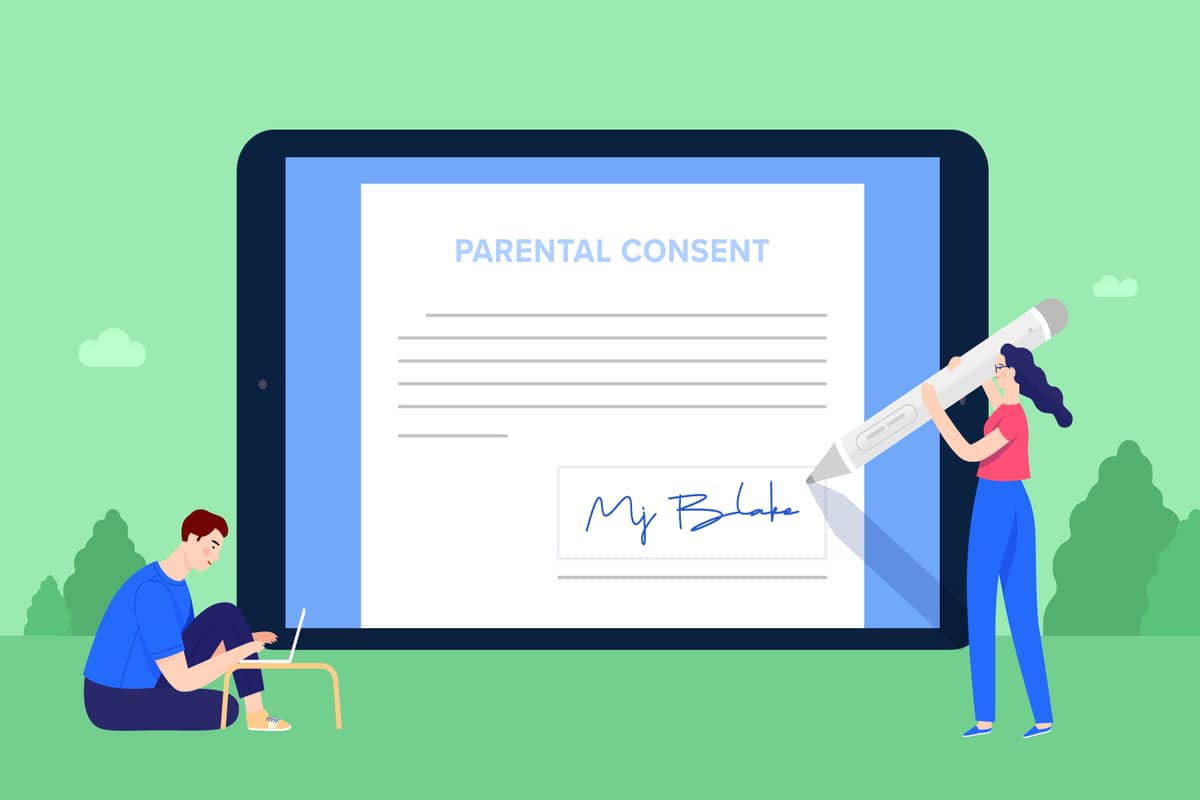Chances are that you or someone you know has herpes. Since it’s so common, there should be more awareness about the differences between herpes virus type 1 (HSV-1) and herpes virus type 2 (HSV-2), symptoms, and treatment. Herpes can impact various parts of the body: people experience symptoms on the anal region, external genitalia, mucosal surfaces, and skin.
Here’s what you should know about both HSV-1 HSV-2.
HSV-1 infection is the most common form of herpes. It’s highly contagious, and people usually get infected with it during their childhood. If you are diagnosed with HSV-1, you are far from alone:
- The National Institute of Health estimates that by the time they reach their 20s, more than half of the U.S. population will have been infected with it.
- The Center for Disease Control found that the older you are, the more likely you will have the infection.
HSV-1 symptoms tend to manifest themselves on the mouth but they can also happen on other parts of the face, tongue, and skin. Since the oral herpes can appear anywhere on the skin, you can get HSV-1 on your genitalia through oral sex. Part of what makes prevention tricky is that people without visible symptoms can still spread it.
Symptoms of Herpes Simplex Virus Type 1
- Pain and itching.
- Tender, enlarged lymph nodes.
- Cold sores around the mouth.
- Painful blisters or open sores called ulcers in or around the mouth.
- Red blisters on the skin.
If you’re experiencing any of these symptoms, consult with a doctor to get a proper diagnosis. HSV-1 can lead to some difficulties for people who are suffering from a weakened immune system. In those cases, it can become fatal through spreading to the liver, brain, lungs and other organs. Specifically, people with atopic dermatitis — eczema — and HIV are at serious risk of this condition becoming more serious.
Also Read: What Options are available for Cancer Treatment?
Though not as common as HSV-1, HSV-2 infects an estimated 12% of people in the U.S. under age 50. It is more prevalent among women. HSV-2 is generally sexually transmitted, and it may be easier for men to give women genital herpes through penetrative sex. Although treatment can help lessen its severity and frequency of symptoms, there’s currently no cure and it’s a lifelong condition.
Here are a few important statistics:
- In 2012, 417 million people around the world were living with the infection. Prevalence of HSV-2 infection was estimated to be highest in Africa (31.5%), and the Americas (14.4%).
- An estimated 776,000 people in the U.S. are newly infected with HSV-2 each year.
- Only about 10-20% of people with HSV-2 report having received a diagnosis of genital herpes.
Symptoms of Herpes Simplex Virus Type 2
- Vaginal discharge
- Experiencing pain while urinating.
- Fever, body aches, swollen lymph nodes
- Generally feeling unwell.
- Blisters and ulcers on genitals or anal
Outbreaks last anywhere between 2-4 weeks and initial symptoms can manifest anywhere between 2-10 days after the virus enters the body. During the first year after infection, recurrent outbreaks are usually more common. Usually, outbreaks decrease over time as their immune system becomes used to the virus. Before an outbreak, individuals with HSV-2 may experience itching or a burning sensation in the area that was initially infected.
While there isn’t a long-term cure for herpes, there are various medical treatments that can help alleviate symptoms and shorten healing time. These treatments are all antiviral drugs, meaning they stop viruses from growing in your body. Instead of outright eliminating the virus, they just control it from spreading and mitigate outbreaks. These medications include Valacyclovir (Valtrex), Acyclovir (Sitavig and Zovirax), and Famciclovir. While these are all prescription drugs, online telemedicine platforms like hims and lemonaid make valacyclovir more accessible by connecting patients to doctors online and eliminating the need to go to a physical doctor’s office.
Also Read: 7 Effective Natural Remedies for Fibroids
Ultimately, it will be up to you and a physician to decide which medication works best for your condition. Having herpes doesn’t prevent one from being generally healthy. That being said, it can still be a serious inconvenience. There are various ways in which you can prevent getting HSV-1 and HSV-2 like being cautious, not coming into contact with cold-sores, washing your hands immediately and thoroughly if you come into contact with cold-sores, and using condoms or latex barriers during oral and penetrative sex. Although condoms aren’t full-proof and there’s always a risk, condoms can help you not contract the virus.
For people who have herpes, there are things you can do to mitigate your chance of spreading it. In addition to taking the aforementioned medications, a weakened immune system and irritation in the affected area can lead to outbreaks. Take the proper precautions, eat healthy, and get a good amount of sleep to keep your immune system in check.
People who have herpes should be transparent and honest and explain to their partners that despite the stigma, this is a very common condition that’s manageable as long as one is taking antiviral medications and not engaging in sex during outbreaks. Over time, your body’s immune system will become stronger and more resistant to both HSV-1 and HSV-2. Hence, it’s a condition that will likely get less severe with time. With Valacyclovir, you can not only prevent outbreaks but reduce the risk of spreading it to your partners.
The CDC suggests that people only get tested if they are experiencing an outbreak or if they have recently have come in sexual contact with someone who has herpes. Your doctor might also give you a herpes test if you have unprotected sex with multiple people. Regardless if you have HSV-1 or HSV-2, just know that there are medications out there that can help.
Image Credit: livescience.com
For More Information and Updates about Latest NEWS, Keep Visiting Qieru NEWS Magazine. You can contact us for Guest Blogging Services.






















